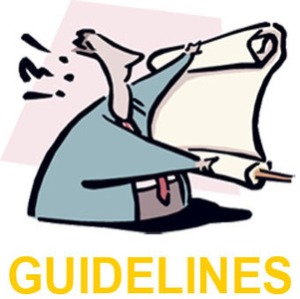The Ucas deadline is swiftly coming to a pass. Panic is guaranteed to chase student-hopefuls, making it difficult to gauge the intensity of the application-competition. Perhaps, it’s not too late to learn how to write a personal statement or grab your favourite teacher for reference?
But before you watch things go adrift in momentum, take some time to reflect the coming and going of this busy period. This brings to mind an internal query: Is the application system always this hectic?
To answer that it would be essential to take the trip back to the former admission times. Somebody, obviously, went to see the road and brought about the fundamental changes into sight. In Julia Ryan’s evolution story entitled, “How Getting Into College Became Such a Long, Frenzied, Competitive Process,” the variables of change became much visible: access and application requirements.
This roundup consisted of the following periods of Tufts University undergraduate applications:
1856-1857: Latin, Greek, and ‘Good Moral Character’
1905-1906: Automatic Admission to Students
at Select ‘School of New England’
1925-1926: Limiting the Number of Students Who Get In
1946-1947: Standardized Tests and Recommendation Letters
2013-2014: ‘What Does #YOLO Mean to You?’
The first variable of change, access, had been easy to spot. Its transition marked the early attempt to educate a wider scope of the American youth: from fortunate “Schools of New England” applicants to just everyone possessing the right credentials.
The second variable had been the set of application requisites demanded by the university. The early year of 1856 required “Latin, Greek, mathematics and history;” and then later on, expanded to categorised subjects (i.e., the Primary and Secondary Group).
The changes might have been inevitable, but the competition among student applicants remains to be seen (perhaps, it grew fiercer). Also, institution’s over-arching objectives of the past didn’t seem to be any different from today: “to benefit from the educational opportunities of the College…” But, then again, you might just disagree.

 Many guidelines in writing a personal statement can be found everywhere. They come in a wide range that some of them can contradict others. Still, almost all of them are based on the guide UCAS gives. You should give your best to be able to write one because this is the most crucial component of your application. You can do so by knowing and following some important guidelines given by the admission service agency.
Many guidelines in writing a personal statement can be found everywhere. They come in a wide range that some of them can contradict others. Still, almost all of them are based on the guide UCAS gives. You should give your best to be able to write one because this is the most crucial component of your application. You can do so by knowing and following some important guidelines given by the admission service agency.